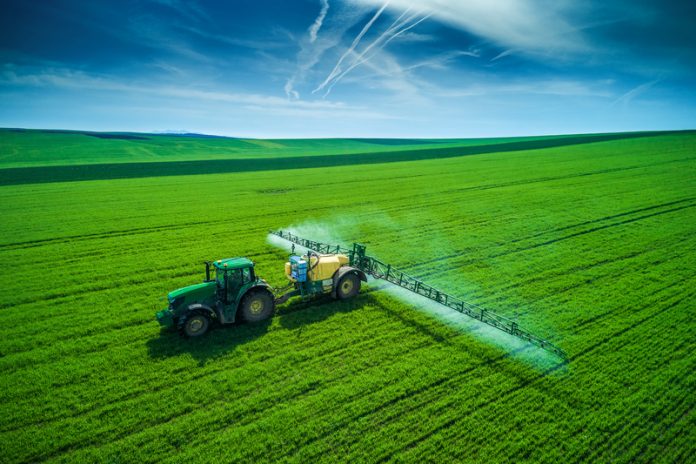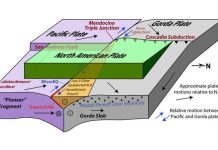A new guide has been released which sets out simple steps farmers, advisors and contractors can take to reduce ammonia emissions to help improve air quality
It is reported that agriculture is responsible for 88% of UK emissions of ammonia gas and this voluntary guide will help farmers improve air quality.
The voluntary code has been written by Defra in collaboration with the National Farmers Union (NFU), the Agriculture and Horticulture Development Board and the Agricultural Industries Confederation.
The UK’s Clean Air Strategy highlights that agriculture is responsible for the majoirty of UK emissions of ammonia gas, which ‘over-fertilises’ natural habitats with nitrogen and combines with other pollutants to produce fine Particulate Matter pollution which is harmful to human health.
The guide titled ‘Code of Good Agricultural Practice (COGAP) for Reducing Ammonia Emissions’, sets out simple steps all farmers can follow to reduce ammonia emissions.
The guide also suggests significant changes to:
- Slurry storage
- Spreading equipment and infrastructure
- Innovative techniques such as slurry and digestate acidification and separation.
Environment Minister Thérèse Coffey said: “Air pollution is not just an urban issue and with 88% of ammonia emissions coming from farming, the government is taking concerted action.
“With clear new guidance and financial support we will help farmers across the country to take action, reduce emissions and help improve air quality.”
In addition to the new guidance, Defra is providing a package of financial and technical advice to help farmers reduce their emissions.
Defra is investing £3 million over the next three years to fund a specialist team of experts who will offer support, advice and guidance on the most effective ways to reduce emissions from ammonia on their land.
It will also fund demonstrations of the latest low-emission spreading equipment and one-to-one advice on reducing ammonia emissions which will be available from Catchment Sensitive Farming officers by the end of this year.
Contributions have also been made by other organisations including:
- ADAS
- British Egg Council
- Central Association of Agricultural Valuers
- Environment Agency
- Linking Environment and Farming (LEAF)
- National Association of Agricultural Contractors
- Natural England
- Plantlife
- Tenant Farmers Association
The guide includes information on how to reduce emissions when:
- storing organic manure
- applying organic manure
- applying manufactured nitrogen fertiliser
- feeding livestock
- housing livestock
NFU environment forum chairman Mark Pope said: “The NFU welcomes the launch of the Code of Good Agricultural Practice for Reducing Ammonia Emissions.
“The code contains a variety of measures to reduce ammonia emissions on farm, which in many instances provide multiple benefits to the environment and resource efficiency.
“Farmers have recognised there is a need to reduce their ammonia emissions and the sector has made improvements with levels dropping by 10% in the past 30 years.
“However, further reductions are required from the industry in order to meet targets set under the Government’s Clean Air Strategy. We urge Defra to continue to offer farmers guidance on this issue alongside targeted financial support where necessary.”











